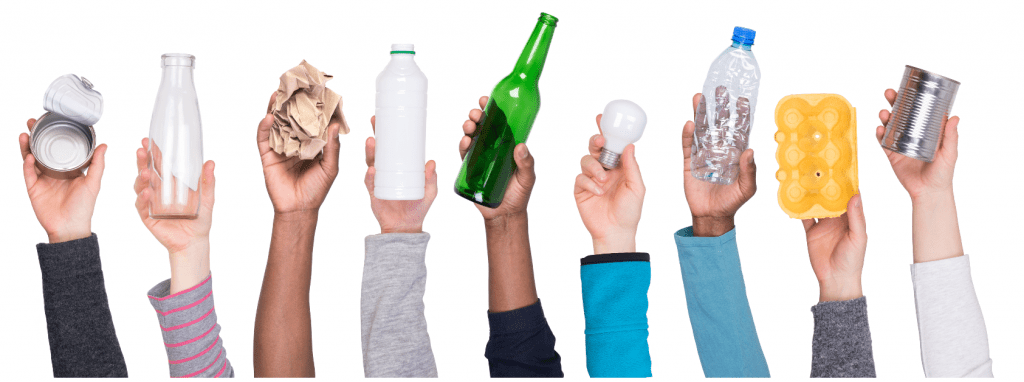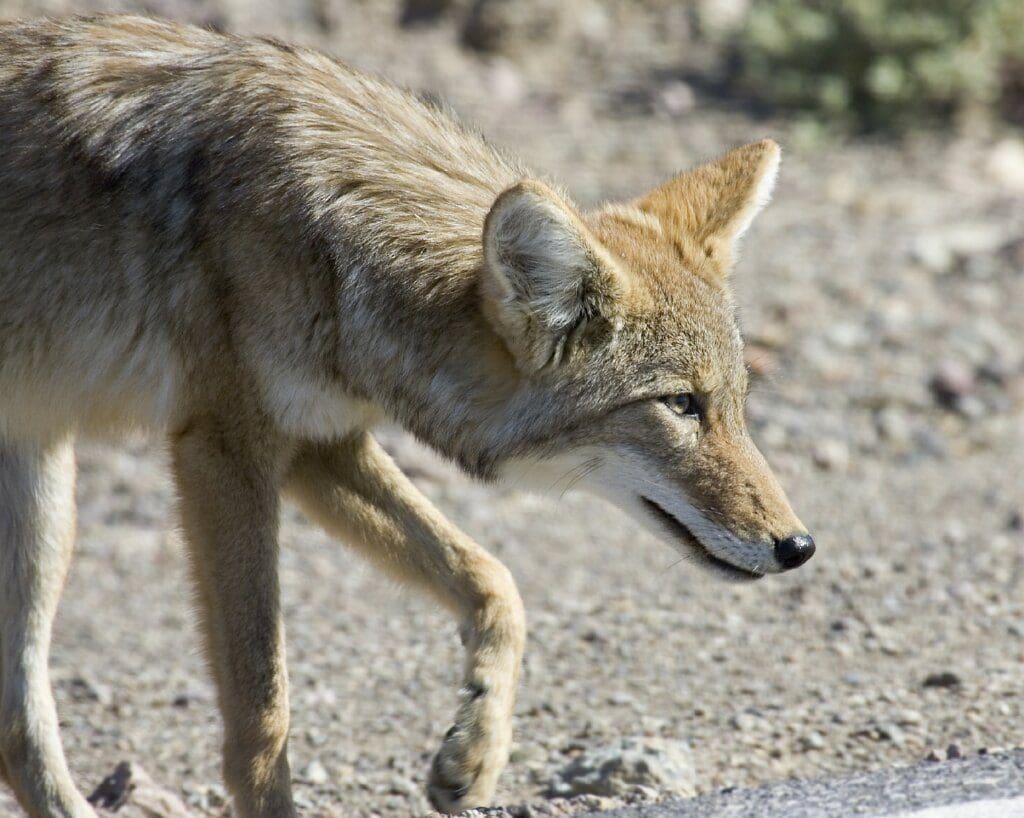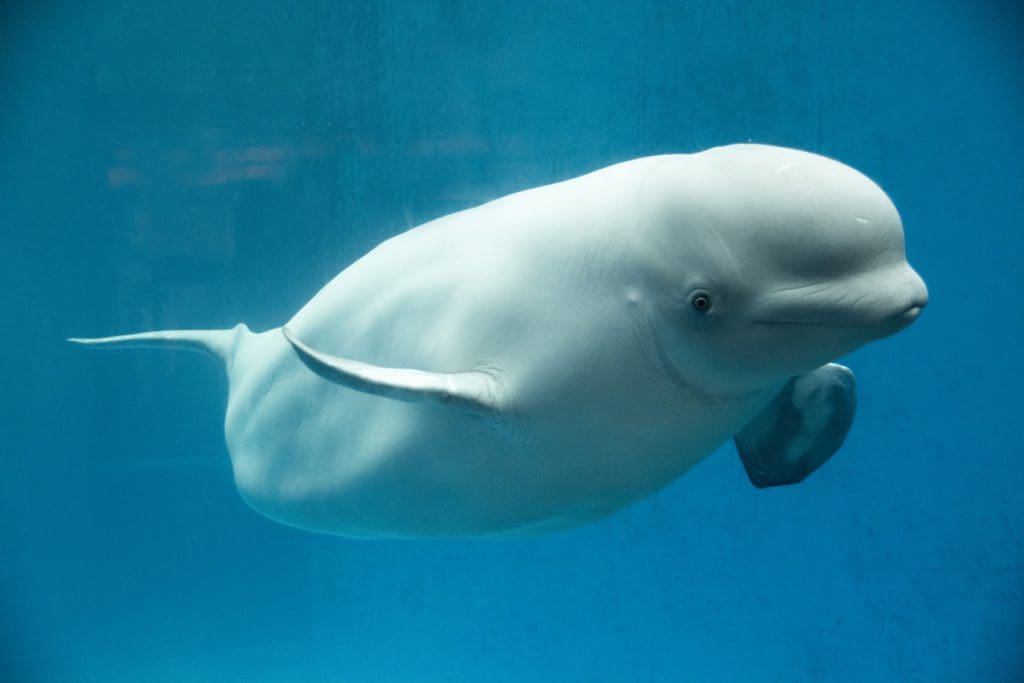
News that the Vancouver Aquarium is suing the City of Vancouver and the Vancouver Park Board over the 2017 cetacean ban is a sad reminder that the aquarium remains out of step with changes in public attitudes and has no vision for the future that could reflect those changes.
With federal legislation banning cetacean captivity now the law of the land, the aquariums’s lawsuit seems particularly ill-timed and contrary to the spirit of the times. It’s even more peculiar given that the aquarium itself said in 2018 that it would no longer keep whales and dolphins.
Still in the business of cetacean captivity
While the issue of cetacean captivity is largely settled, there remains much to be concerned about regarding the aquarium and its future direction.
First, the revelation that Ontario’s controversial Marineland amusement park is transferring two beluga whales owned by the Vancouver Aquarium to a facility in Valencia, Spain (which the aquarium manages), clearly demonstrates that it is still in the businesses of cetacean captivity. They’re just not doing it in Stanley Park. The aquarium is also believed to own belugas kept at other facilities in the U.S. (Two belugas owned by the aquarium died at the notorious SeaWorld in 2015.)
The Valencia facility, L’Oceanogràfic, is the largest complex of its type in Europe and reportedly keeps 45,000 animals of 500 different species including fish, mammals, birds, reptiles and invertebrates. Its dolphinarium features two shows a day, with trained dolphins performing tricks for a large crowd. It’s clearly a place of entertainment. While L’Oceanogràfic is a popular attraction it is not hard to find visitor reviews that are critical of animal welfare at the complex.
Facilities like Marineland, SeaWorld and L’Oceanogràfic represent everything that the Vancouver Aquarium should be moving away from. While the aquarium has done some rebranding, calling itself part of Ocean Wise, a “worldwide conservation organization” it remains primarily a place of entertainment, not conservation.
Restraints on speaking out against threats to marine life
One of the most pressing marine conservation issues in B.C. is the potential extinction of B.C.’s Southern Resident killer whales. The National Energy Board has admitted that the proposed Trans Mountain pipeline project will likely “cause significant adverse environmental effects on the Southern resident killer whale and on Indigenous cultural use associated with the Southern Resident killer whale.” Conservation groups like the Raincoast Conservation Foundation have opposed the pipeline for this reason. Yet, the Vancouver Aquarium’s voice is rarely heard in the pipeline debate.
Some fear that the aquarium’s reticence on such issues may be due to its links to business, especially to resource extraction industries. Mining company Teck donated $12.5 million to the aquarium in 2012 and one of its galleries is named for the company. The Vancouver Board of Trade supported the aquarium in its fight to keep cetaceans in captivity, obviously cognizant of the tourist dollars the aquarium brings in. There is clearly a potential for a conflict of interest that would keep the aquarium out of important debates that are relevant to a genuine conservation role.
A drift toward becoming a zoo?
Another concern is the aquarium’s apparent “mission creep” toward becoming a zoo. It’s collection of 58,000 animals includes sloths, penguins, monkeys, snakes and macaws, which are hardly aquatic species. It would be unfortunate if this trend continued and the menagerie grew just to provide an additional attraction.
The Vancouver Aquarium, like all zoos and aquariums, justifies putting animals on display by claiming that they serve to educate and inspire people to value wildlife. Yet there is little evidence to show that is the case. There is, however, research to the contrary, as Zoocheck executive director Rob Laidlaw has stated: “There have been a number of studies examining how long zoo visitors look at animals. The results show that for some animals, particularly if they are not active, observation times can vary from about eight seconds to 90 seconds. There’s not much that can be learned about an animal in that length of time.”
Need for transparency
There is also a need for the aquarium to show greater transparency in its operations if it seeks to build public trust, especially as a conservation organization. Its website states:
“Aquarium animals come to us from many places and in many different ways. Many animals arrive at the Aquarium as part of an exchange program with other large aquariums, zoos and universities. Most of the tropical fish are flown to the Aquarium from dealers around the world. The Aquarium tries to buy fish from sustainable fisheries and conservation-based associations, and only purchases from dealers who collect fish with nets, and not chemicals or explosives.
“Aquarium divers have permits to collect marine invertebrates including octopuses, sea stars, sea anemones and species of fish. Other collectors walk out from the beach with seine nets to gather local invertebrates and fishes. Many animals are also born into our care. Once in the Aquarium, animals normally live for many years.”
Who are these “dealers”? How reputable are they and are they also involved in the exotic pet trade, which has damaged wildlife populations. And there is the basic ethical question about removing animals from their natural habitat just to put them on public display. Who benefits? Certainly not the animals.
The aquarium should be transparent about where all its animals come from and how they are obtained. It should also be open about what happens to them after they become part of the collection. How many die prematurely? Does the aquarium keep data on survival rates?
Opportunity for genuine change and new vision
The Vancouver Aquarium has an opportunity to do more than rebrand itself with name changes and new websites. But it needs to resolve the conflict between being a tourist attraction and a genuine conservation organization.
There are ways forward. Some aquariums are moving away from making captive wildlife their star attractions. The Aquarium of the Pacific in California is opening a multi-million dollar “immersive theatre” that features “wind, fog, scent and vibrating seats to storms playing out on a massive, two-story-tall screen.” The theatre is part of a new “Pacific Visions” wing designed to “explore pressing environmental issues and suggest alternative pathways to a sustainable future.”
Hawaii’s Maui Ocean Centre, which has no captive cetaceans recently launched a digital “Humpbacks of Hawaii” exhibit using the integration of 4k imagery, 3D active glasses and a 7.1 surround sound system. The centre says the exhibit “transports guests deep into the ocean, giving them an inside look into the complex and vibrant lives of Maui’s humpback whales, and allowing them to forge new connections with one of nature’s greatest marvels.”
The aquarium could develop a vision for the future that is based on genuine education and conservation. It could employ the latest technology to make learning about marine life exciting and compelling. It could use its voice to contribute to debates about real threats to B.C.’s coastal waters.
It could also invest in research about some of the big questions surrounding marine life. One of most recent and most profound of these has been the question of fish sentience. The latest research shows that, contrary to previous perceptions, fish feel pain. What are the implications of this? The Vancouver Aquarium could be at the forefront of discussions about such big issues.
And why doesn’t the aquarium explore cooperation with the U.S.-based Whale Sanctuary Project, which has considered the B.C. coast as a possible a site for a sanctuary? There would be huge public support for the aquarium’s involvement.
It’s time the Vancouver Aquarium left the entertainment industry behind and became something much more valuable: A beacon to help guide us through the challenges that face our seas and a champion of the precious marine life they contain. That is what Vancouver – and the world – needs, not just another place to see captive animals living out their lives in tanks.
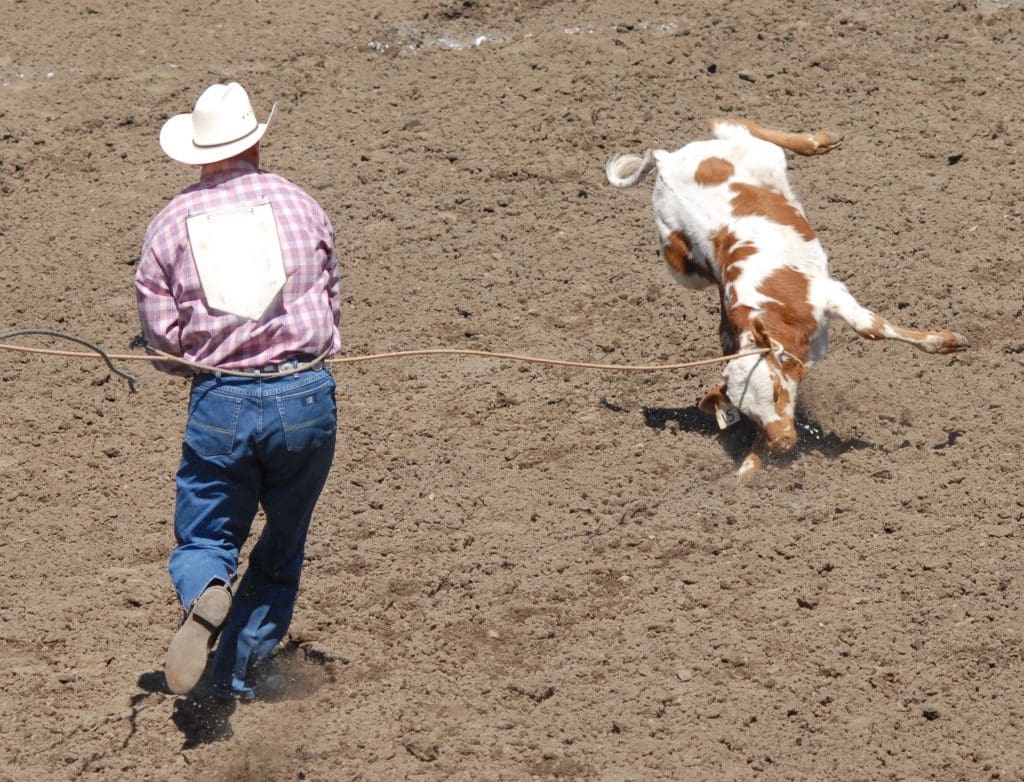



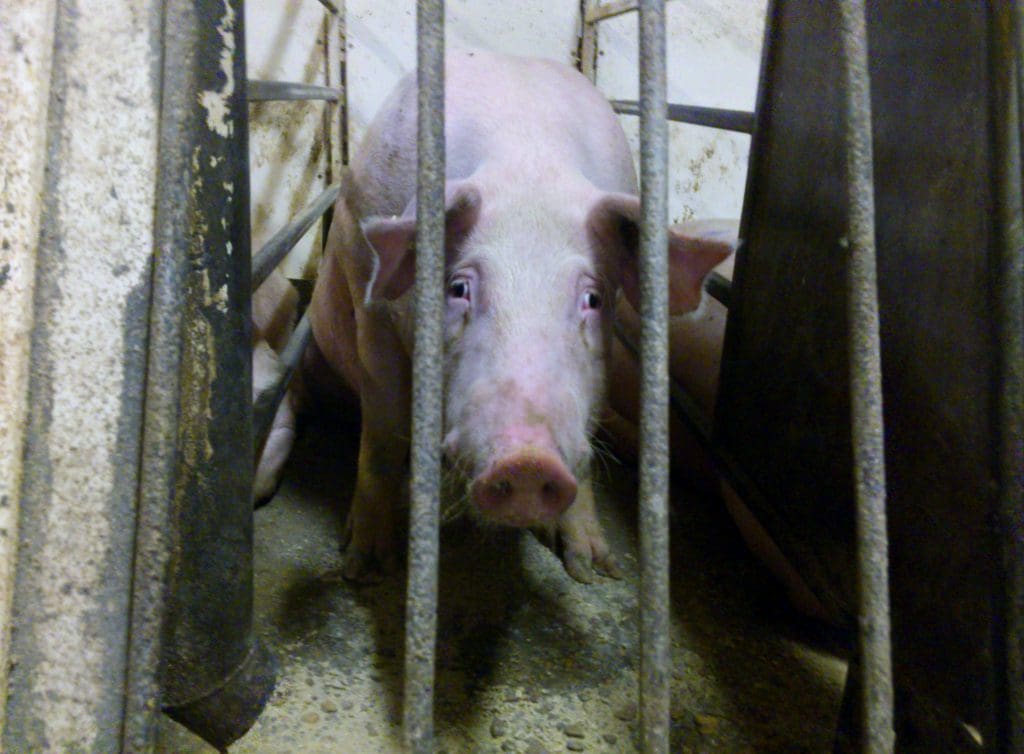
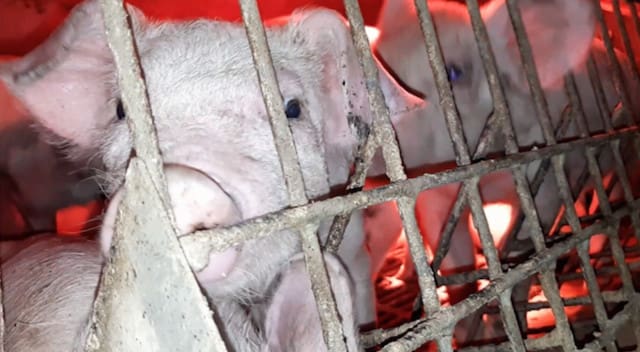
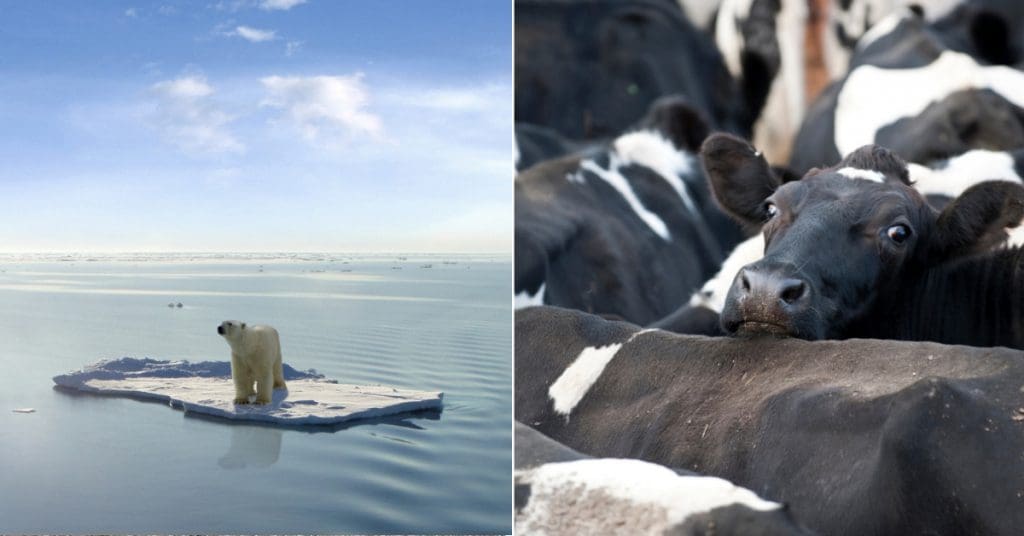
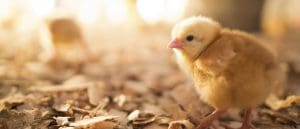

 Are you an animal lover aged 55 or over? Starting May 1, you have a unique opportunity to make a new will or revise your current will, for free! We are participating in a campaign that allows you to provide for your loved ones and make a significant contribution to charity, if you choose to do so. There is absolutely no obligation to include a charity in order to participate, however, it’s our hope that you might use this opportunity to let your love of animals live on by helping us to continue our work.
Are you an animal lover aged 55 or over? Starting May 1, you have a unique opportunity to make a new will or revise your current will, for free! We are participating in a campaign that allows you to provide for your loved ones and make a significant contribution to charity, if you choose to do so. There is absolutely no obligation to include a charity in order to participate, however, it’s our hope that you might use this opportunity to let your love of animals live on by helping us to continue our work.